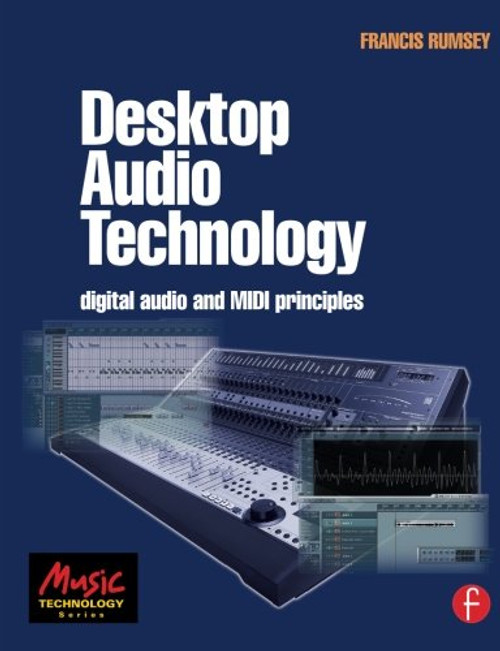The groundbreaking Audio Culture: Readings in Modern Music (Continuum; September 2004; paperback original) maps the aural and discursive terrain of vanguard music today. Rather than offering a history of contemporary music, Audio Culture traces the genealogy of current musical practices and theoretical concerns, drawing lines of connection between recent musical production and earlier moments of sonic experimentation. It aims to foreground the various rewirings of musical composition and performance that have taken place in the past few decades and to provide a critical and theoretical language for this new audio culture.
Via writings by philosophers, cultural theorists, and composers, Audio Culture explores the interconnections among such forms as minimalism, indeterminacy, musique concrte, free improvisation, experimental music, avant-rock, dub reggae, Ambient music, HipHop, and Techno. Instead of focusing on the putative crossover between high art and popular culture, Audio Culture takes all of these musics as experimental practices on par with, and linked to, one another. While cultural studies has tended to look at music (primarily popular music) from a sociological perspective, the concern here is philosophical, musical, and historical.
Audio Culture includes writing by some of the most important musical thinkers of the past half-century, among them John Cage, Brian Eno, Glenn Gould, Umberto Eco, Ornette Coleman, Jacques Attali, Simon Reynolds, Pauline Oliveros, Paul D. Miller, David Toop, John Zorn, Karlheinz Stockhausen, and many others. The book is divided into nine thematically-organized sections, each with its own introduction. Section headings include topics such as Modes of Listening, Minimalisms, and DJ Culture. In addition, each essay has its own short introduction, helping the reader to place the essay within musical, historical, and conceptual contexts. The book concludes with a glossary, a timeline, and an extensive discography.








